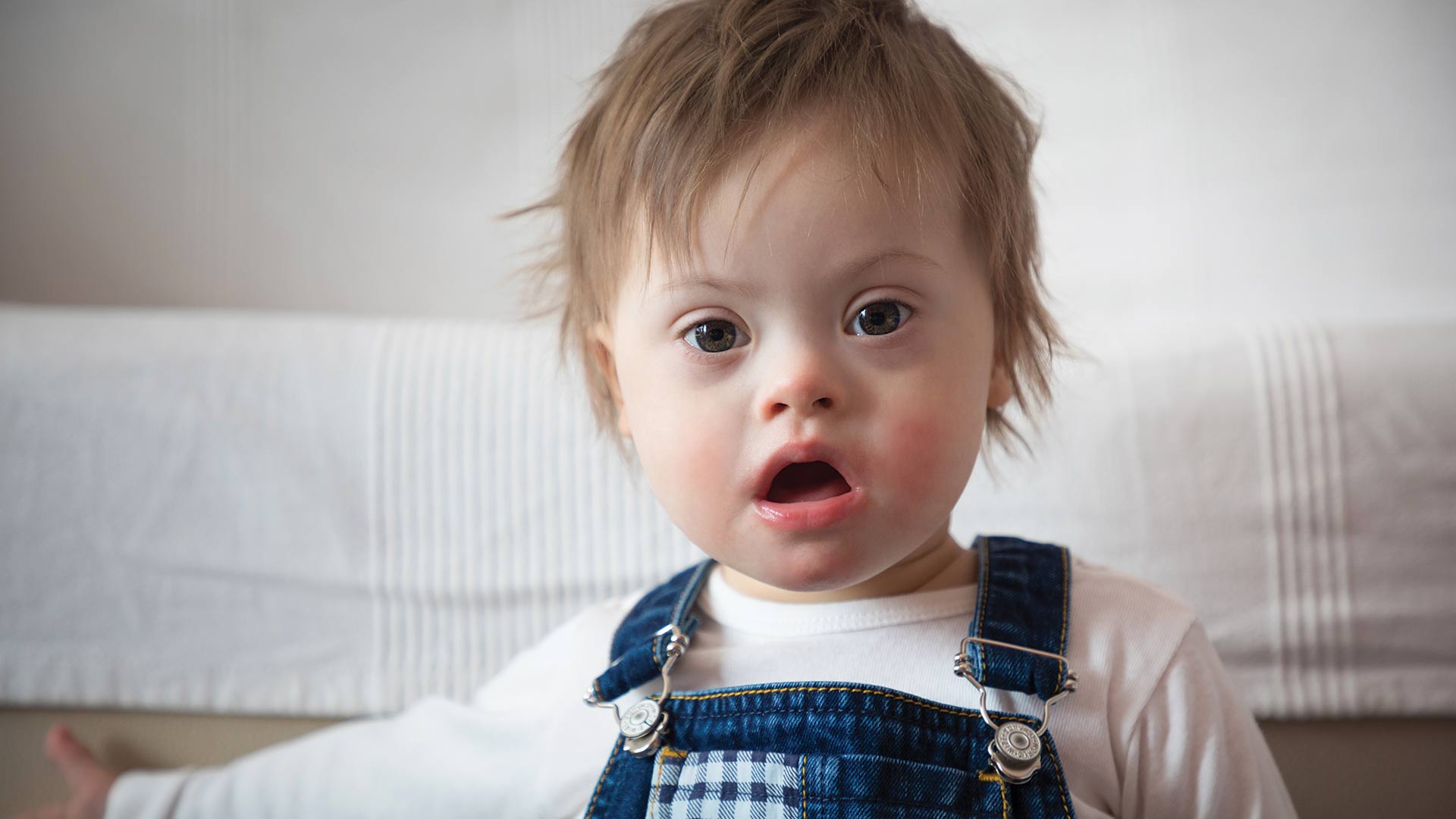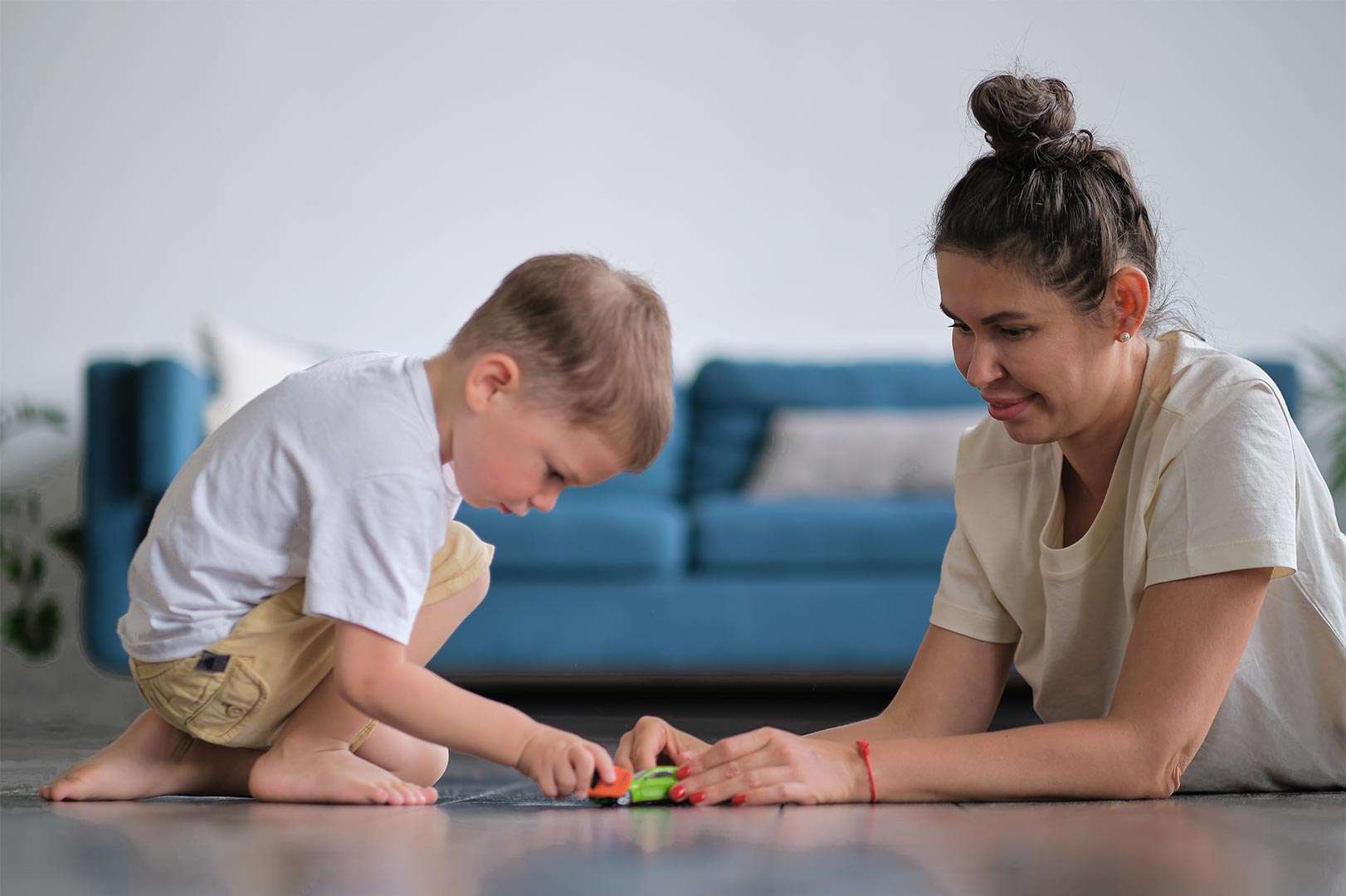Down syndrome is a genetic condition that occurs when a person is born with an extra copy of chromosome 21. This results in a range of physical and intellectual features, including intellectual disability, developmental delay, and characteristic facial features. While Down syndrome presents unique challenges, it is important to remember that individuals with this condition can lead fulfilling lives with the right support and resources.
Down Syndrome Diagnosis
There are three main types of Down syndrome:
- Trisomy 21: This is the most common type, occurring when a person has three copies of chromosome 21 in all of their cells.
- Mosaic Down syndrome: This type occurs when some cells in the body have three copies of chromosome 21 while others have two.
- Translocation Down syndrome: This type occurs when a portion of chromosome 21 attaches to another chromosome.
Down syndrome can be diagnosed before birth through prenatal screening tests, such as non-invasive prenatal testing (NIPT) or amniocentesis. After birth, diagnosis can be confirmed through a blood test called karyotyping.
Early Intervention is Key:
Early intervention is crucial for children with Down syndrome to help them reach their full potential. This may include speech therapy, physical therapy, occupational therapy, and special education services. Early intervention can help children learn important skills, such as communication, motor skills, and self-care.
Supporting Individuals with Down Syndrome:
There are many resources available to support individuals with Down syndrome and their families. These resources include:
- Support groups: Connecting with other families who have children with Down syndrome can provide valuable support and information.
- Advocacy organizations: Organizations like the National Down Syndrome Society and the Global Down Syndrome Foundation advocate for the rights and inclusion of individuals with Down syndrome.
- Educational resources: Websites and organizations, such as the National Center for Learning Disabilities, provide information and resources on educating children with Down syndrome.
With the right support and resources, individuals with Down syndrome can lead fulfilling lives. They can participate in school, work, and social activities. They can also develop strong relationships and contribute to their communities.
While Down syndrome presents unique challenges, it is important to remember that individuals with this condition can lead fulfilling lives with the right support and resources. Early intervention is crucial to help children reach their full potential. With the help of families, communities, and supportive organizations, individuals with Down syndrome can thrive and achieve their goals.
Find out if your child needs extra support today!
- My child screams hysterically
- My child is mean to other children
- My child is always worried
- My child is scared to go to school
- My child is scared of loud noises
- My child doesn’t know how to read
- My child is scared to play outside
- My child does not respond to his name
- My child always gets in trouble
- My child fights with other children
- My child doesn’t know how to count
If you are concerned about your child’s development, contact us for Assessments: Phone/Telegram: 077.455.993 – Telegram Link: https://t.me/OrbRom
If you are concerned about your child’s development, contact us for Assessments.
Phone/Telegram: 077.455.993 Link: https://t.me/OrbRom






Leave A Comment